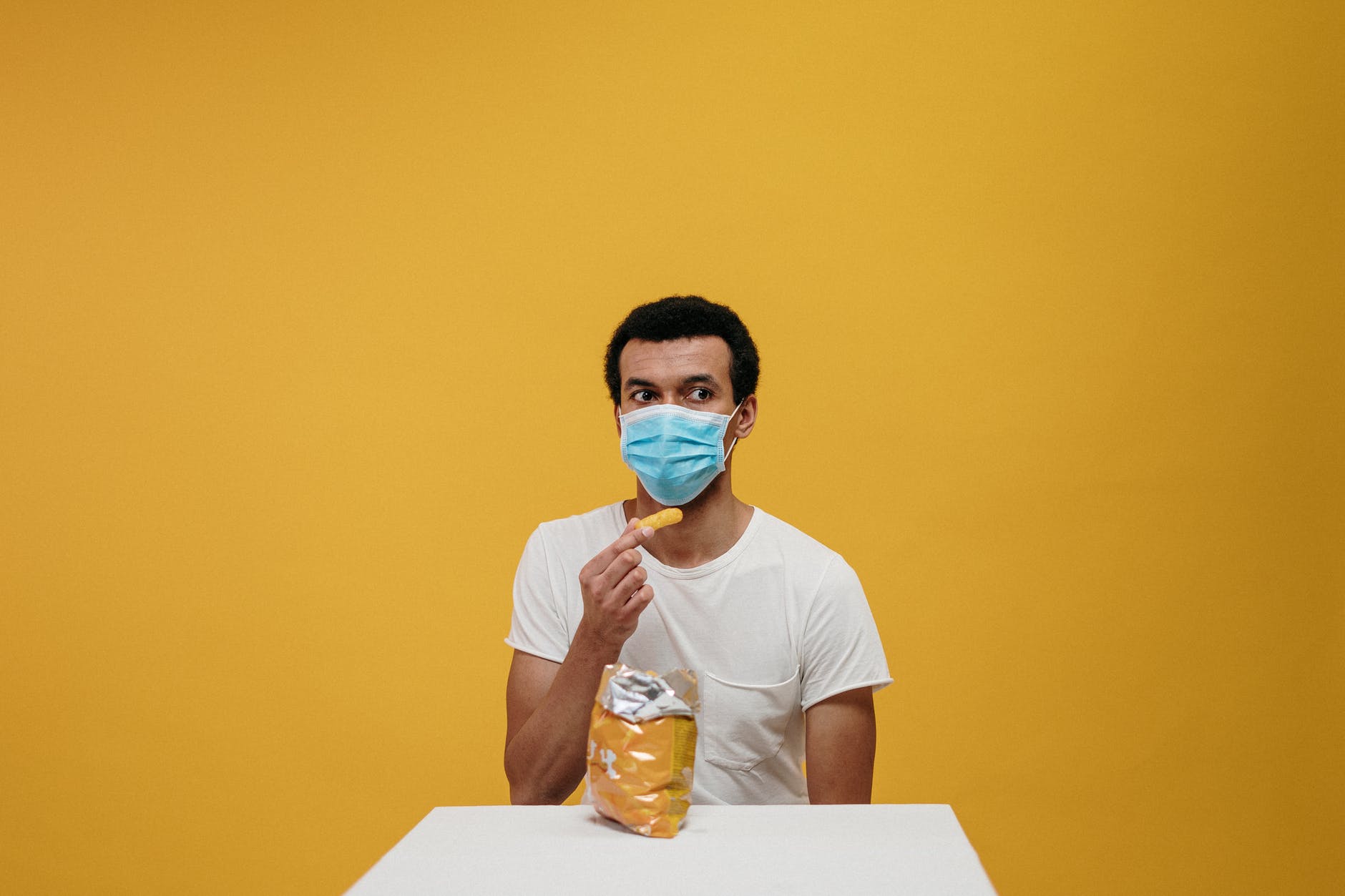Sars-Covid 19 versus Food Safety
Last Updated on February 21, 2023
Midst this pandemic, we are all scared. We are scared to go to the grocery stores, we are scared to buy food from the outside; it’s like we are questioning the food safety now!
We are doubtful that what if our food is contaminated, or what if the person who has handled our food is infected? We are trying to maintain social distancing when we are going to the stores, but what about the food manufacturing facilities? How are they making sure that the food they are producing is safe for consumption?
To understand this better, we need to get a good hold of the basics.
COVID-19 is a virus and viruses do not grow unless they find a living host. It may survive in foods and on surfaces for a few hours to a few days before it dies off. The virus is transmitted by droplets spread from a sick person. If the COVID-19 virus is on the surface of a food and stored in a cupboard, fridge, or freezer, there is no evidence that it can grow or multiply further. According to CDC and WHO, it is believed that Covid-19 is not transmitted by food.
Talking about food manufacturing and food processing, there are new set of requirements that everyone should comply with under Occupational Health and Safety Act, and regulations issued by Health Canada, WHO, CFIA, FDA and other GFSI certified bodies. These regulations include but are not limited to enhancing physical distancing (at least 2 meters) in all areas possible by job rotation or adjusting production schedules, restricting visitors in the plant, making sure all team members wear face masks/face shields and gloves at all times, increasing plant sanitation schedules including fogging and disinfection of production floors.
Related: Job Searching While Navigating COVID-19
Apart from this, employers have also given additional sick days, and encourage team members to stay home if they feel sick. Companies are making sure that if one of their team members is tested positive, then isolating that person and getting everyone tested who was in contact with that team member and taking further steps based on risk assessment.
To maintain the customer/consumer trust, companies are still undergoing food safety audits. Due to restrictions in movement imposed by governments and site biosecurity measures taking effect as a result of coronavirus, new guidance has been issued to certification bodies allowing for certificates to be issued following a ‘virtual’ audit of the sites in accordance with International Accreditation Forum (IAF) procedures by BRCGS.
All government bodies, regulatory bodies over the world, food safety certification bodies, employers, and employees have been working tirelessly and have been imposing strict measures to ensure safety of individuals and the products being manufactured.
This situation is new to everyone, as more and more facts and data is disclosed every day, the policies and laws are changed for our betterment. Changing rules and policies shows how determined the food and beverage sector is in providing safe food for all, but as an individual we all need to play our part and follow social distancing and proper cleaning and sanitizing methods.

Author: Nitika Disawar
Nitika is an experienced quality assurance / quality control with a demonstrated history of working in the food & beverages industry. She currently works at fgf Brands in Toronto.
Subscribe to our newsletter for details on mentorship sessions, workshops, webinars, as well as career and job fairs across Canada and the US!


leave your comment